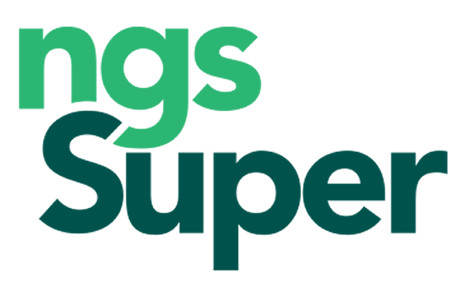
I recall that when I first started working in the superannuation industry in 1999, one of my first jobs was to contact defaulting employers for their unpaid super.
In those ‘bad old’ days, super was only required to be paid annually. Often by one payment. Consequently, some employers paid late or didn’t pay at all.
The problem with late payment of super was exacerbated by the fact that members’ insurance was shut off if no regular payments were received by the fund. As you may imagine, this became a logistical and administrative nightmare, with members’ insurance shutting off, then turning on again when a payment or payments were received.
No wonder people were confused by the sometimes oblique insurance/super rules! This led to many matters going to the Superannuation Complaints Tribunal because of the non-payment of super by some employers after an insurance claim was made.
This clearly unacceptable situation was later improved with legislation which compelled the employer to pay super quarterly, by the 28th day of the next month after the quarter ended.
This was indeed an improvement which allowed members to have a better view of their super accounts, but it was still not perfect because many workers received notices on their payslips stating that super had been paid when it wasn’t in their account.
It was to be paid 28 days after the end of the quarter. And if it wasn’t paid at all after this deadline, then the next step was to contact the ATO.
It was stolen wages if not paid on time. Lost or stolen wages in the form of super became a nightmare to recover for individuals and the unions representing them. Just recently the Auditor General has released a report slamming the ATO for being only “partly effective” at recovering stolen super.
Industry Super has estimated that stolen super affects more than a quarter of workers, on average costing each worker $1700 per year. Situations arose where employers went bust (declared bankruptcy) and started a new business under another name. Try tracing that money.
To improve this situation further, the government announced on 2 May that it would legislate for super to be paid at the same time wages are paid and Treasury has estimated that increasing payment frequency would significantly improve the ATO’s ability to act on underpayments.
This measure will clearly help to prevent the non-payment of super and make it easier to confirm your super has been paid via payslips and member super accounts. This significant reform is to come into effect on 1 July 2026 and will certainly be welcomed by industry funds and their members.
Along with this significant improvement, the government has proposed a new statement for the purpose of superannuation which is “To preserve savings to deliver income for a dignified retirement, alongside government support, in an equitable and sustained way”.
Important words in this statement include dignified, equitable and sustained. Dignified goes to the element of adequacy – enough savings accumulated to live comfortably. Equitable is in line with the ‘fair go’ principle of all workers being treated equally. And sustainable because the superannuation system must be able to exist over a long period of time without future governments using it as a cash cow to prop up their budgets when times are tough, as happened with the previous government. Super is for retirement and must be preserved for that purpose.
It’s always a good idea to keep an eye on your super and check your insurance. It’s also easy to do now with online systems. You should also note that from 1 July the employer SG contribution will increase to 11 per cent. Make sure you see the increase on your payslip.



































































































































